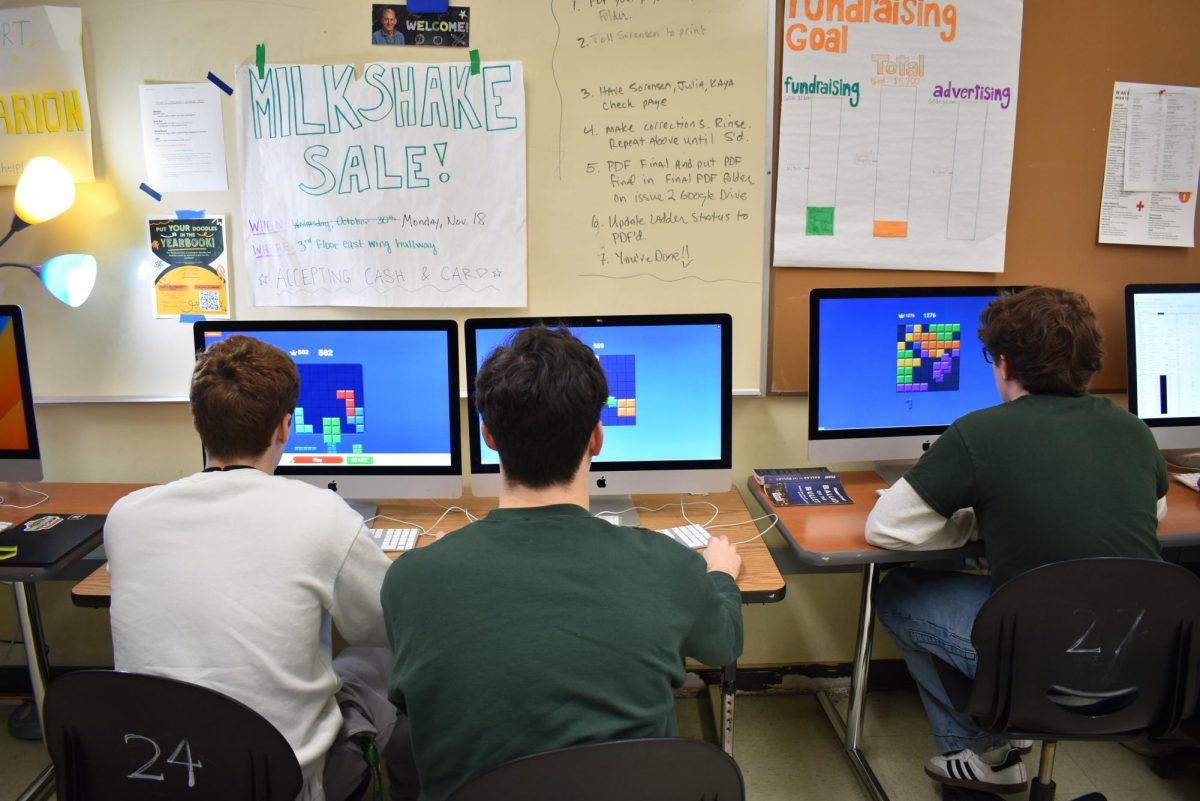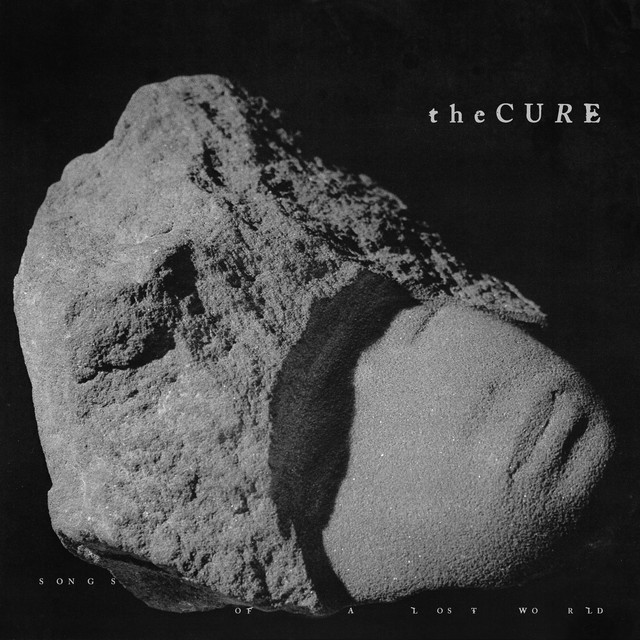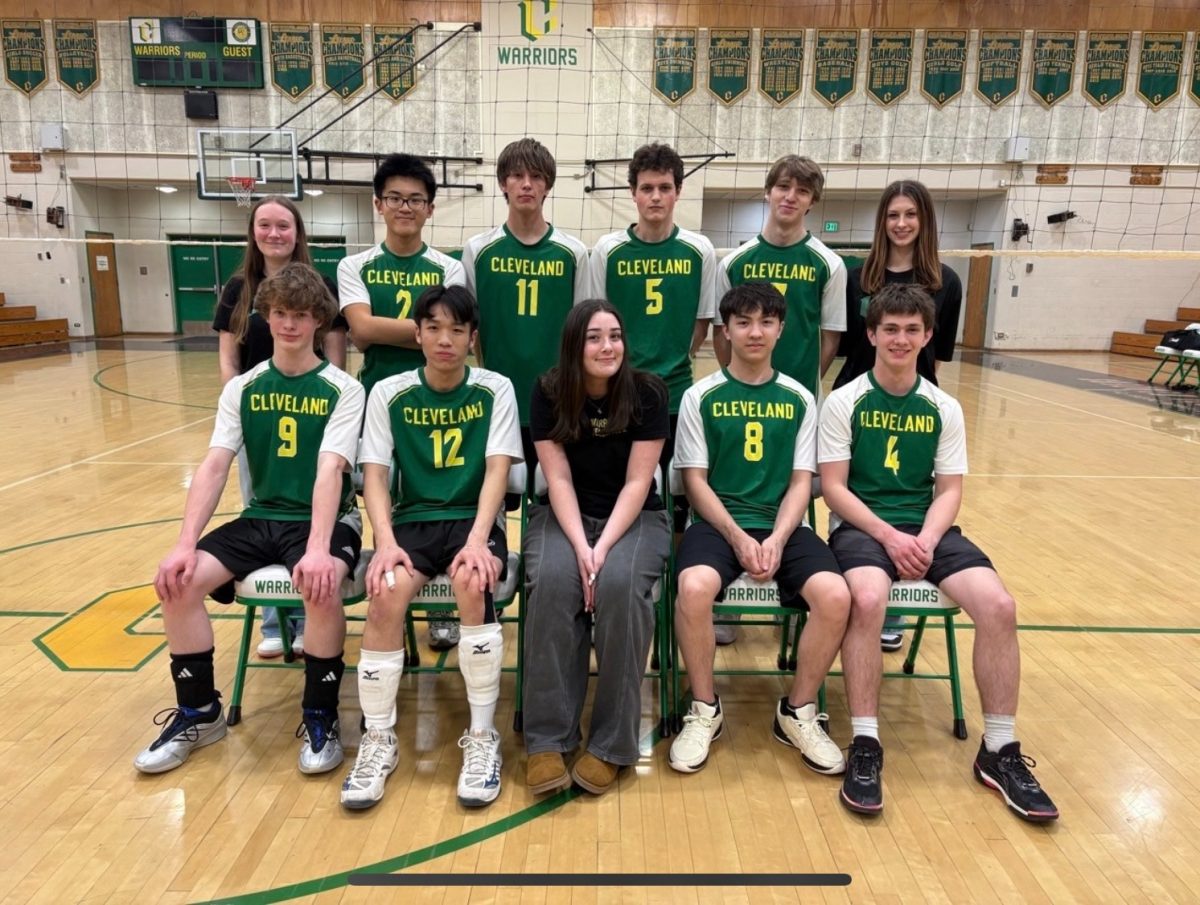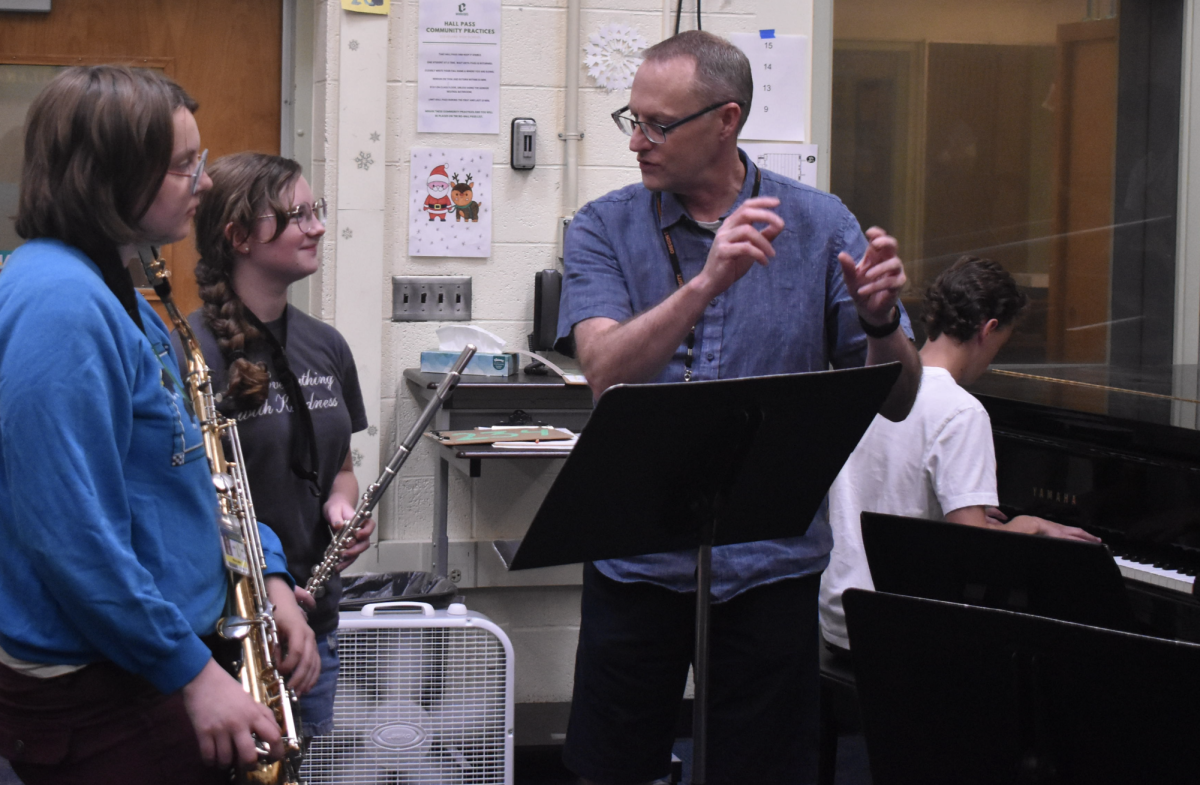With over 324 million global downloads and charting as the No. 1 free game on the App Store, Block Blast has taken the world by storm. App Store reviews consider the game “great for killing time,” with reviewers considering themselves “completely obsessed with this game.”
“It’s so addictive and I don’t have to think,” said junior Maddie George.
Many Cleveland students were introduced to Block Blast through friends or social media, as the game has continued to grow in popularity recently. Similar to Tetris, the game involves clearing rows of blocks in an attempt to get the highest score. The time people spend on the app varies, however.
“I only play for short little spurts, probably about 30 minutes a day,” said senior Adam Kehe.
“I can spend hours playing, especially when I’m . . . turning my brain off,” said junior Kiera Callahan.
Students agreed that the friendly competition aspect of the game has helped strengthen bonds with others.
“It’s a really fun game, and I enjoy competing with my friends and against them to get the highest score,” freshman Kealan Fryer said.
Block Blast is here to stay, and students admit the game is incredibly addictive which keeps them playing.
“I think I keep coming back to (Block Blast) because of some form of addiction, like I have to get a high score,” said junior Noah Larose.
“It’s so addicting. There’s no end either, you can always do better,” Callahan said.
Students had several ideas for possible updates to Block Blast, such as a 3D version and a story mode being added to the game. Fryer expressed his annoyance with losing his in-game streaks when he closes the app.
Overall, the simple and accessible nature of Block Blast is what has made it so popular among Cleveland students and in general, and is what keeps people coming back to the game.
“You’re always striving to do better, to get a higher score,” said Kehe. “It’s like Sisyphus with the boulder, there’s never an end.”
However, not everyone is as enthusiastic about the rise of Block Blast. History teacher Tim Graham has seen the effects of the game in his classes.
“I have not been able to see any redeeming academic qualities for the History classroom of Block Blast,” Graham observed.
“It’s still not as big of a problem as people playing games on a Chromebook,” Graham noted.
Chromebook use in class has increased heavily with the enforcement of the no cell phone policy by administration. Students have used their computers as a solution, and a way to access games and social media during school. However, the use of the blocking software Securly at all district schools has led to most games to be inaccessible during classes. With every popular online game being blocked on all Portland Public Schools’ Chromebooks, students have had to be more creative in getting on their devices and pursuing a distraction from their classwork.
“I think that I see these effects (of technology) more with seniors than juniors, because they feel like they don’t need to do history work at this time of the year,” said Graham.
Graham observes seniors being more concerned about their outside classwork than other grades of students, because seniors have a big academic load with IB assessments throughout the year.
“In future years, if this trend continues, the way that I teach in September, I can’t teach the same way in April, as I do in September, because seniors … just want to get their work done and get done,” said Graham.
Apart from the increase in Chromebook use, Graham noticed positive impacts of this year’s phone policy.
“Last year, it was just like there was no effort being made to conceal the fact that you’re on a cell phone, you’re just out in the open and everything like that. Now there’s much more of an effort, because I think that people know that their phone can go away, which is really the best impact of the Yondr pouch policy,” said Graham.
With the relationship between teachers, students, and technology continuing to be a complex one, the remaining months of the year will be an interesting experience to say the least. While the district can continue blocking games, students will always find an alternative. This raises the question of how will PPS manage to control technology access without being too restrictive.




















